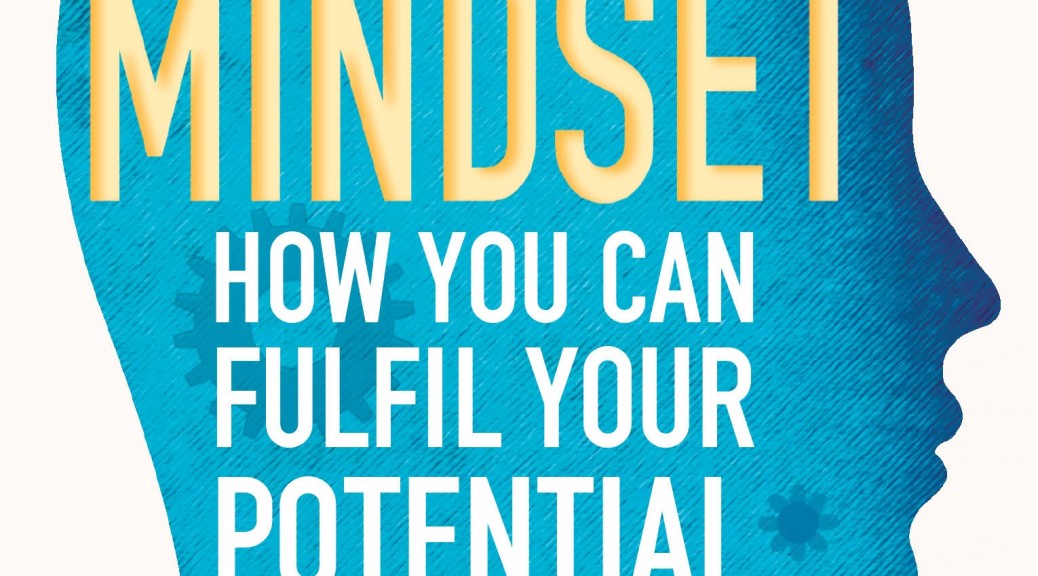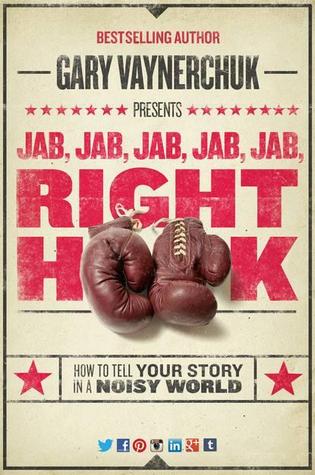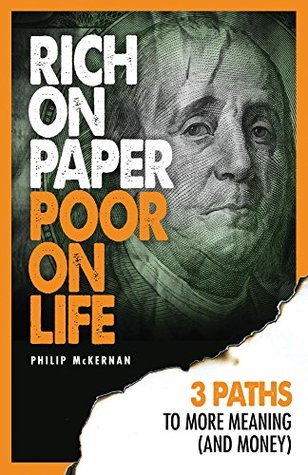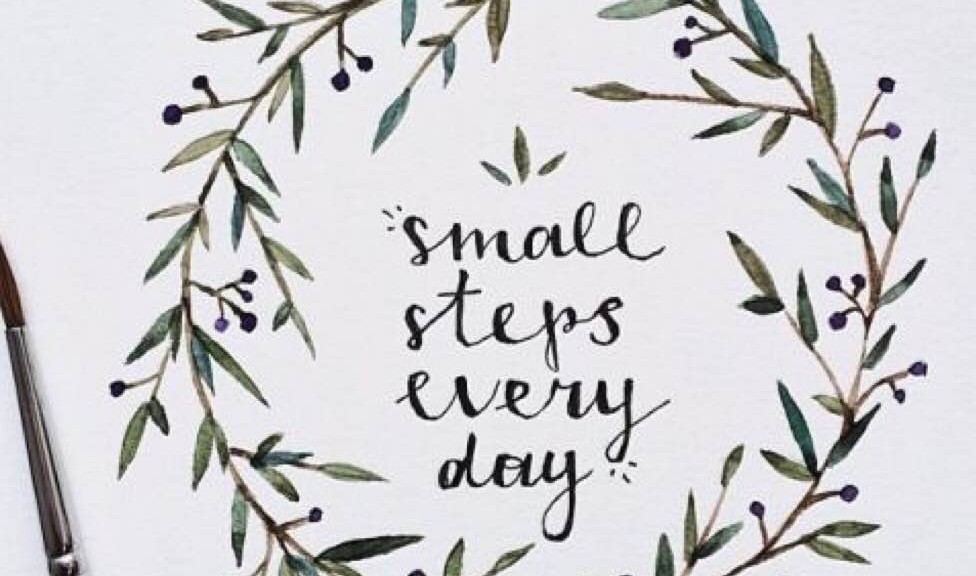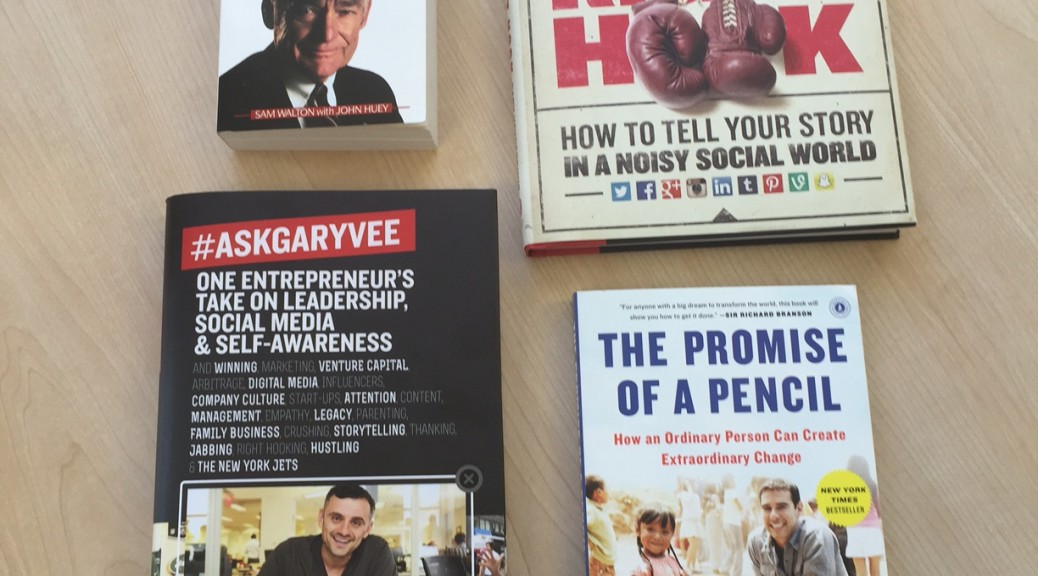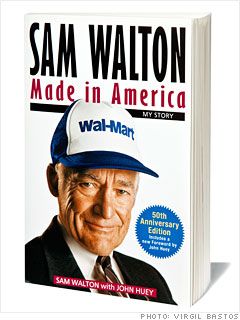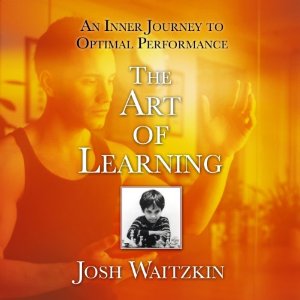Another fantastic book that I just had the amazing chance to read recently – a book called Rich On Paper Poor On Life by Philip McKernan. This is the link to the book on Amazon $12.95 kindle, $19.95 paperback.
Quote: We are accustomed to a life where we work endlessly to belong, to assimilate to what is normal, what society dictates us to be. This sort of pressure misaligns us to our true values, to the things the things we truly want against what we work for to achieve.
The real life stories in this book is such an inspiring reflection to make us question the way we are living – are we working towards achieving our goals through the things we are passionate about? Or are we merely existing to please the society that sets the standards on how we are supposed to be – having checklists of accomplishments for success. If you feel are doubtful about the way you’re living your life, feeling stuck, wondering if there is more, GRAB THIS BOOK!
I heard about Philip McKernan first on one of the Mastermind Podcast episodes. To listen to that, soundcloud.com has the episode 28 in which he was featured.
Below are the key notes which are helpful in finding your authentic self.
Many (if not most) people keep their truth inside for fear of looking stupid or because they believe they have nothing to add. How many people have a hidden desire to write, sing, paint, get involved in politics, or start a business? How many of them don’t get involved because they don’t believe they’re good enough? I believe the majority of people feel this way. They won’t speak up or act up as long as they place a low value upon themselves. 136
Our Biggest Fear: The Truth 140
Finding one’s voice is a process that takes time. Life can beat us down. Many of us endure years of being told we shouldn’t believe in ourselves. 141
Fear of speaking in front of others is not our greatest common fear. Our greatest common fear is that we don’t believe that what we have to say matters. In this way, the fear of public speaking stems from a fear of not being loved. Let me repeat: when we say we’re scared of public speaking, what we’re really saying is that we are scared of making a mistake, of being judged. Deep down, we’re afraid of not being loved. 143
I admit there’ve been times I’ve done exactly that. But it wasn’t until I started speaking vulnerably that I felt fulfillment from speaking. 150
In spite of the fact that we fear we won’t be loved, speaking our truth is one of the most important things we can do to put ourselves on the path towards authentic love. 152
The voice I speak of, is our intuition. 157
Who Am I Really Am I really the person I see in the mirror whose face is wrinkled and worn? Or is there something I don’t see in this one-dimensional window? Am I really the work I do or the house I live in? Or is there something I have not yet met within myself? Am I really the husband I am told I am? Or the voice I hear echo back at me when I speak to others? Am I really the person others see when they look at me? Or are they seeing a person through a set of eyes they themselves do not know? What if there is someone within me that I have yet to meet who is better looking than I am, smarter than I believe I am, and more famous than I could ever be? Would you like to meet him? 158
“Success in manufactured in the mind while happiness is cultivated in the soul.” ~ Philip McKernan 170
Individuals were ignoring their own truths. Individuals had lost our own voices. In sum, we got greedy. We forgot what was important. We chose gadgets over happiness, fancy over fulfillment. 245
Looking back, I was one of the lucky ones. I managed to escape the worst of the financial carnage. What I didn’t escape was the loss of my peace of mind. In the pursuit of money and growth for growth’s sake, I did what most of my countrywomen and men did; I ignored passion and happiness in my own life and pursued wealth with the naive assumption that happiness followed achievement. (And take note of that sentence because the implication is that achievement is prerequisite of happiness is common—and dead wrong.) 264
Using Intuition To Find My Way Out 274
I can help others out of the cycle of being rich on paper but poor on life. 290
To be clear, I’m not against financial wealth. What I’m against is sacrificing peace of mind for wealth. If wealth is to be sought, it must be sought as a healthy byproduct of a life well-lived. Too many people pay nothing more than lip service to well-being in favour of wealth building. Instead of seeking happiness now, they believe in happiness when. 291
poor health is the price of eating unhealthy food, and poor relationships are the price of failing to love and cherish our spouses (and ourselves). Seeking riches at the expense of well-being exacts an immense cost to the spirit of every individual who tries it. You simply can’t put well-being on the back-burner and expect to be well. 295
However, their deepest and most heartfelt goals almost always include some combination of the following: Family (spending more time with kids or parents) Spirituality (feeling a greater connection) Contribution (giving back time or money) 304
That’s why my work focuses on relationships. More precisely, I help my clients focus on their relationships to the key elements of their lives. This strategy is based on the knowledge that every person’s personal path to well-being is through improved relationships, whether it be a relationship with one’s self, with others or with the work we do. 309
Unfortunately, I often hear about these core desires expressed along with a belief that they are connected to massive wealth. That’s because people think they need millions of dollars to achieve what they “really” want. 312
The head is where we think we want something. The heart is where we know we need something. 316
A very good number of my clients will explain to me how their job or business is their passion. It’s this experience that’s led me to believe passion is a misunderstood concept. 319
Note: Interesting I know my main profit center is not my passion and thus spend time ding thingsi want to be doing. Edit
I say this because the same people who tell me that their job or business is their passion will, in the next breath, tell me they’re going to quit their job or business the moment they make enough money so that they can do something else. 321
What many people don’t acknowledge is the disconnect. 323
To be clear, a passion is something you’d do for free if you had to, it’s something you’d like to do for the rest of your life, no matter what. Indeed, a passion might cost you money rather than make you money. But why do so many people want to quit their job or business if it’s their passion? The answer is simple: they’re not passionate about their job or business after all. In fact, most people don’t know what they’re passionate about. They can identify the things they really want (family time, contribution, experiences, spirituality), but not their passion. This leads people to try to turn their work into their passion. 324
I start to see a shift in my clients when they bring those things that they love to the forefront of their thoughts and actions. This is the process of becoming rich on life instead of just rich on paper. 330
Anyone who looks within will find that their heart longs for simplicity, passion, love and meaning. 340
They regret not practicing their art, spending time with their family or helping others more. 343
this book gets you to stop and ask better questions, then you will be better off than the many millions of people around the world who continue to think money might buy them freedom. 346
Anti-Social Media 347
The deeper truth of their lives is not found in what people say, it’s in what they don’t say. It’s those silent spaces I’m interested in. 352
The ugly truth of social media is that it magnifies the opportunities to compare ourselves against others, typically in a negative light. But comparing ourselves to others is not a phenomenon that started with social media. 355
hope you are half as happy as you pretend you are on Facebook every day.” 360
Each person at that workshop had a deeply-held belief that once their goal was realized, they’d be happy. Think about that for a moment: people believe they couldn’t be happy until a goal was realized. That concept foreshadows the harm in this way of thinking. If everything good lies in the future, what are we to do with the present? 390
This book is not about giving up on dreams and aspirations. It is all about taking responsibility to identify the real meaning behind the things we say we want. 394
I stood by and watched millions of my countrymen and countrywomen become rich on paper while ignoring the things that could make them truly happy. 404
I’m not suggesting they’ve “arrived.” It’s not possible to be “done” working on ourselves. We can only seek to improve from one day to the next. What really matters is that they had the courage to change, the courage to grow. 409
What did he do? He faced the truth. 419
I share this example of Padraig to illustrate how many people get stuck on this first level of self-growth by refusing to see the truth of their current situation. 424
Finding Your Voice Finding your own voice, never mind your own path, is hard work in a world shouting at you from all directions to perform and conform. The world wants you and me to step into line with the rest of society. 428
lives!) In our society, the line between who we are and what we do has been blurred, if not erased. Many people, if not most, define themselves by what they do professionally. What they do becomes who they are. 432
I believe that in the developed world the 80/20 rule can be applied to the three elements of people’s lives: Work, Self, and Others. 443
The real issue is fear. We are afraid of judgment. Indeed, we crave acceptance to an unhealthy point. We know there’s a spark deep inside—something the world hasn’t yet seen, but the fear of not fitting in is so strong we’d rather put up with the status quo than run the risk of being happy. If you don’t believe me, ask yourself where you’ve been settling. Are you doing the work you’d dreamed of as a child? Do your primary relationships resemble the relationships you want? Are you as healthy as you imagined? Are you as vital? Do you find satisfaction and joy in your friendships and family relationships? 467
I have chosen stories that demonstrate how this kind of change is the organic outcome of a natural process that begins when individuals commit to leading a more authentic life. 490
You want to be the person who listens to the whisper of your soul—and takes action on the transformative wisdom of its message. 508
“Be yourself; everyone else is already taken.” ~ Oscar Wilde 511
PART ONE: WORK 515
Doing Versus Being Happy 519
I don’t believe any human deserves to be happy, but most people think it’s a god-given right. This sense of entitlement dilutes the authentic drive for happiness. I find it fascinating that people who spend eight hours a day doing work they do not believe in, wonder why they don’t feel complete. Often I see people putting their mortgage ahead of meaning, and justifying it to themselves like only humans can do best. 520
I believe our work must be an extension of what we believe, not of who we think we are. 525
Taking Business to the Next Level “Many people spend more time, money, and energy trying to grow their net worth than they do on their self-worth.” ~ Philip McKernan UNAUTHENTIC EXTERNAL GOALS 534
The ugly truth is that many people chase goals that are not theirs. And what’s the point of chasing someone elses or society’s goals? 541
This guided conversation helped Emma understand she already had something greater than what next level offered. Her quest for more money now threatened her happiness, fulfillment, meaning, and peace of mind. 595
First, do not trade in a lifestyle you love for a lifestyle that you would love a lot less. Emma already had a dream lifestyle. She 605
“As humans we’re masters of two things; complicating our lives and justifying why we did it.” ~ Philip McKernan 615
when the owner does more of what they love. When you grow your business by out-sourcing the parts you love, you risk finding yourself tied to work you dislike, perhaps even detest. 622
What I really want you to think about is the immense power in asking the simple question, “Why?” 626
CHAPTER 2: Giving up Your Baby “The past has created the present and the present is creating the future.” ~ Philip McKernan 636
Sir Walter Scott, “Oh what tangled webs we weave when first we practice to deceive—ourselves.” 646
That tendency to put others on a pedestal compromises our ability to be real. And that reduces our ability to be vulnerable, even though it’s essential to being authentic. I don’t know if that fear of vulnerability has an evolutionary explanation in the basic fight/flight response of human beings, but I do know the fear is real. In the personal growth arena, it’s the people who break through that barrier, the people who make the biggest changes in their lives allow themselves to be vulnerable. 652
when you believe another person or business can make you better by partnering or joining in with them, you risk undervaluing yourself. 687
Whenever you put someone else on a pedestal, regardless of how much height you give that podium, the end structure is lop-sided. It’s bizarre when you think about it. Why would you not be as good as someone else? It’s bizarre, but so widespread. 688
Note: Do you look at mentors and teachers as someone you can be like? Edit
Do you ever regard other people and assume you could never do what they do? 692
Note: Not really only if I think about playing some pro sport where I’m not as big as they are. And I could probably bulk up much more than I realize if I put the effort they did toward it. Edit
While I didn’t understand it at first, that act assumed I needed those people to succeed or further my career. 696
I was leading the group through a simple exercise where I asked the group to consider who in their life they had on a pedestal. 703
Real Passion for Business “When it comes to the work you do please don’t confuse excitement for passion. It could cost you your health, relationships, and your peace of mind.” ~ Philip McKernan 706
This tendency to confuse excitement with passion is common within the entrepreneurial community. 710
What you need to understand is that when it comes to work, many pretend, but few actually live their passion. That’s why it’s so refreshing to see someone who is truly passionate about his or her work. I find it often shows up with entrepreneurs who enjoy the core activity of their business. 737
“Excitement is a freeing break from the norm that’s described with words to try and capture its essence. Passion is a part of your soul, which ignites a fire in your belly, resulting in a spark in your eyes.” ~ Philip McKernan 740
Rather than admit my disability, I put on masks to disguise the problem—and my fear. Because I believed I was unteachable, I allowed them to think the same. 763
For Tara, as with others in my seminars and workshops, it all comes down to self-belief. If we hold negative false beliefs about our self-worth, we can’t help but self-sabotage our efforts to develop our true potential. 780
CHAPTER 3: Blind to His Talents 782
Over the years I’ve been a huge advocate for people to tell the world about their dreams or aspirations. It’s like letting a cat out of the bag and once the secret is released, there’s no chance of stuffing it back into the bag. 828
“Thinking big doesn’t help, you have to believe big.” ~ Philip McKernan 835
Putting the Passion to Sleep It never ceases to amaze me how millions of people can harbour powerful dreams and never look for ways to bring those dreams to fruition because they simply do not believe in themselves. It saddens me to see people believe in their god without question and yet walk the earth never believing in themselves. 849
I call it taking space. To put it into effect, you need to step away from all the tasks and busyness of life and spend time alone. Taking space is about your relationship with yourself, but it affects all areas of your life. Work and the passion (or lack of passion) you have for it is closely tied to your relationship with yourself, so improving your relationship with yourself will lead you to a better understanding and clarity around your work. 887
The only thing that’s for sure is that the only way to find out if we can make a living from our passion is to actually do it, do it consistently, and look for ways to integrate earning an income from our work. 963
CHAPTER 4: Authenticity Sells the Deal “Fear is the assassin of dreams.” ~ Philip McKernan 967
Whenever we bring a partner into our business, there’s a strong possibility we’ll have the following realizations: We find out the partner is not as great as we thought We find out we can do more than we thought 1029
Scared Of The Truth Inside each person resides a core that remains unchanged by the opinions and beliefs of others. Experience has shown me that we all know what’s inside. However, we’re often too scared to face that truth and be fully authentic with it. But, we must tap into this core to find our power in the world. The more logical, mind-driven of us may think this is airy-fairy, but I promise you, we each have an internal guidance system. 1042
Living In Your Head In my short e-book, Dead Man Walking, I discussed the difference between mindset and soulset. My experience has proven that our intellect is a powerful ability, but it can also be a crutch. 1053
“The intuitive mind is a sacred gift and the rational mind is a faithful servant. We have created a society that honours the servant and has forgotten the gift.” ~ Albert Einstein 1058
Reconnecting to intuition is one of the most powerful things we can do to promote positive change in our lives. 1065
We start neglecting it the moment someone tells us we’re wrong as a child. 1071
Strong Emotional Blocks To Intuition Some of the emotions we experience act as powerful detractors of our intuition. For example, fear drives people into their heads and away from what they know is right in their soul. 1075
But honouring our own truth, following our intuition, and doing exactly what’s right for our personal journey isn’t clever. It’s courageous. Doing what we know is right in our core takes enormous courage. It means overcoming our fear and anger. It means deeply trusting ourselves. 1085
“I totally regret listening to my gut – Said no one ever.” ~ Oliver Manalese 1116
CHAPTER 5: From Money Magnate to Children’s Champion “If you’re facing the right direction, all you need to do is walk.” ~ Philip McKernan 1118
Following my own approach to authenticity, intuition and soulset, I asked Trina to question every aspect of her life, including the brand she was developing. This process took several months. In the early days, Trina was fully on board with her new brand and thought she was on the best business path for her. Over time, a different picture began to develop. 1142
quite right, its often easier to stay on the current course that you think logically is clear, as opposed to changing course based on a feeling that often has no clear logical direction. This is were the trust you have in yourself comes in. 1165
As humans we talk a lot about trusting others, while I believe the most important person to learn to trust, is you. 1167
The change in the confidence of these young people was a bigger reward than she could imagine. 1186
What do I really want? That’s one of the most powerful questions we can possibly ask ourselves. It’s also one few consultants ever ask since their main focus is to take what you bring them, and then multiply it by two, three, five, or ten. That’s fine, but at what cost? What is the trade off? What is the social invoice? 1202
I have a different perspective on goals. I believe a goal is usually just an attachment made official. When we set a goal, it’s as though we’re officially saying to the world, “Here’s my attachment, and I intend to do whatever it takes to achieve the object of my attachment.” 1217
To those who say they cannot make a living doing something they love, I have a one-word response: bullshit. “Once you become blinded by attachments you become deaf to your heart.” ~ Philip McKernan 1242
It’s simple. Love yourself and do what makes you happy, and you’ll be more likely to find someone attracted to that energy. 1269
In fact, once you accept how devastating attachments can be to living authentically and to having authentic business success, you’ll see how quickly decisions can be made—and business fulfillment achieved. I see it with my clients all the time. This is where you’ll see how releasing attachments opens our minds to see the truth of our existence. 1273
SELF Your Relationship To Who You Are “Success is manufactured in the mind, while happiness is cultivated in the soul.” ~ Philip McKernan The Original Relationship 1288
For the purpose of in-person mentoring, I often use the lenses of Work, Self, and Others to stimulate thought and deepen awareness. My belief is that it’s these three areas of life where we spend the bulk of our time (and effort). It’s also the areas where change can make the biggest impact. 1294
“It’s generally the things we don’t do that haunt us forever.” ~ Philip McKernan 1305
I agree that you can’t change other people. But if you set out to change yourself, and then invite others to come along, changing others is inevitable. People follow examples. 1329
The problem is that most people travel to get away from themselves, their lives and their work. Laura and other self-aware people travel to be with themselves. 1342
I believe that Ireland’s experience mirrors what happens when individuals make compromises about how they choose to self-identify. Never before has humanity more needed a place to call home, something to believe in, and something to feel part of. As many of the heroes and institutions we’ve historically held in high regard falter, people feel more isolated and insecure than ever. 1398
Adding children to the mix often presents another life-altering shift in self-identification. While children are a beautiful gift, and we learn so much from them, there’s no doubt that many parents (and mothers in particular) radically alter their self-identification once children enter the picture. This happens because your life is suddenly focused more on what you do as opposed to who you are. I’ve seen this in clients enough times to know this is a common issue. 1407
Facing problems that appear unrelated to a focus issue is often the best way to shine a light on the challenges we’ve already identified. Life can be complicated. That’s why a series of small revelations can create the lasting and sustainable change that tackling a major challenge cannot. 1448
The bottom line is that real change depends on intense, and sometimes painful, self-reflection
